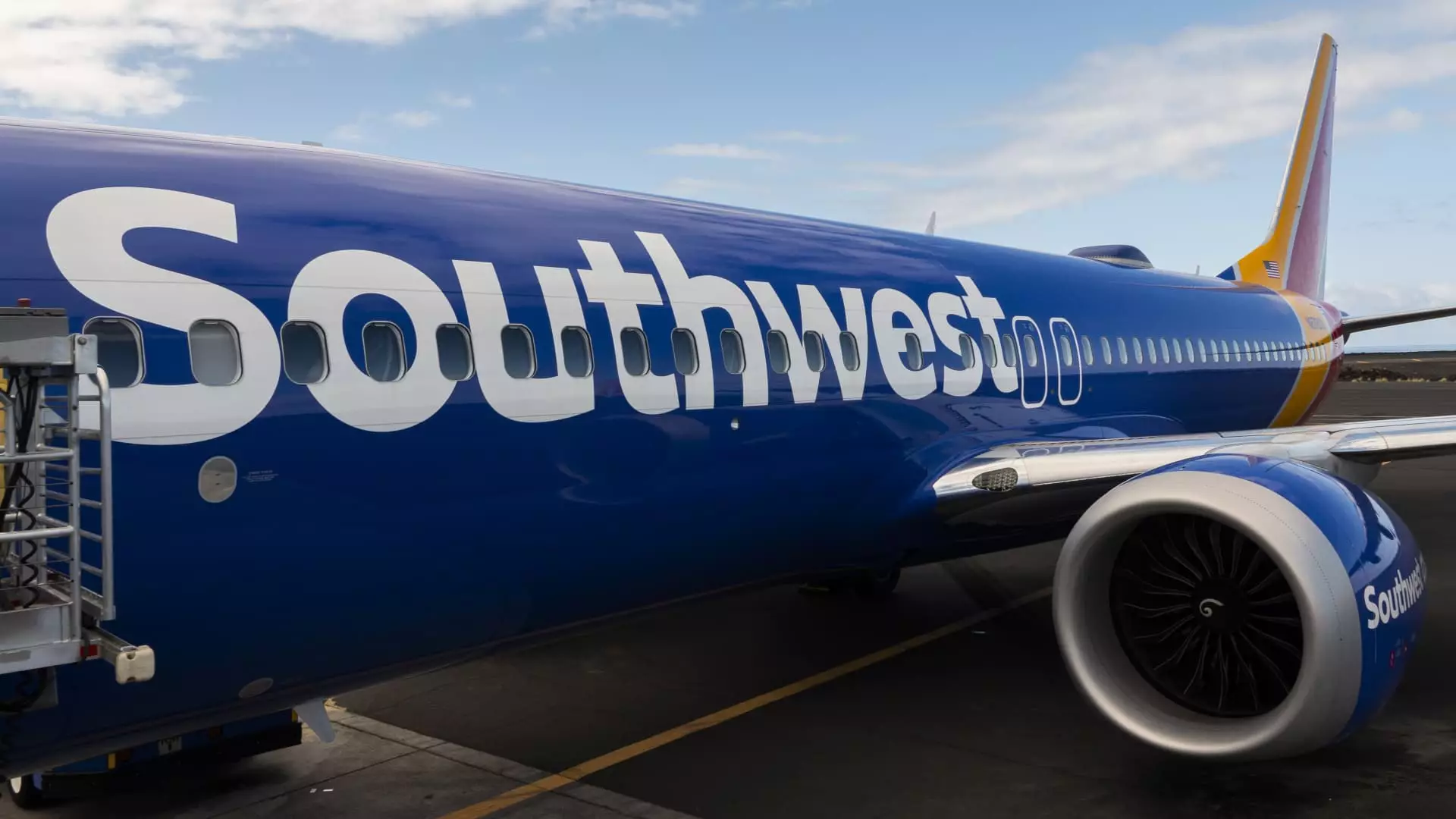Southwest Airlines saw a 4% drop in its shares during premarket trading after announcing a cut in its second-quarter revenue forecast. This adjustment was made due to changing booking patterns that affected the airline’s projected revenue per available seat mile, which is expected to decrease by 4% to 4.5% compared to last year. Additionally, Southwest shared that its unit expenses, excluding fuel, are anticipated to increase by as much as 7.5% over the previous year, signaling a significant shift from its initial expectations.
One of the key factors contributing to the revised revenue forecast is Southwest’s decision to increase its capacity by up to 9%, deviating from its prior forecast of flat growth. This move represents a strategic shift in how much the airline intends to fly, which could potentially impact its overall financial performance in the coming quarter.
The airline industry as a whole is grappling with escalating costs and expanding capacity, leading to downward pressure on fares and profitability. Despite record numbers of passengers, airlines are facing challenges in maintaining sustainable revenue streams, especially in light of changing consumer behaviors and economic uncertainties.
Southwest Airlines is facing additional scrutiny from activist investor Elliott Management, which has called for a leadership change at the company. The hedge fund is advocating for the replacement of CEO Bob Jordan and Chairman Gary Kelly, citing underperformance as the primary reason for the recommended shakeup. This pressure comes at a critical juncture for Southwest as it navigates through a period of significant operational and financial adjustments.
As Southwest contemplates potential revenue initiatives such as seating assignments and premium seating options, the airline is exploring new avenues to enhance its competitive position in the market. These proposed changes signal a departure from Southwest’s traditional business model, which has been a cornerstone of its success over the past five decades. CEO Bob Jordan emphasized the company’s commitment to evolving in alignment with customer preferences, underscoring the importance of staying responsive to changing market dynamics.
Southwest Airlines’ recent challenges underscore the complexities of the aviation industry and the need for adaptive strategies in response to evolving market conditions. By reevaluating its revenue forecast, expanding capacity, and considering innovative revenue initiatives, Southwest is positioning itself for long-term success amidst a rapidly changing business landscape.


Leave a Reply